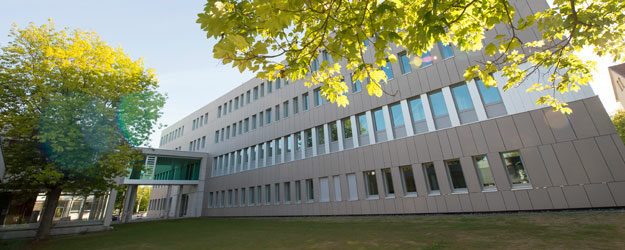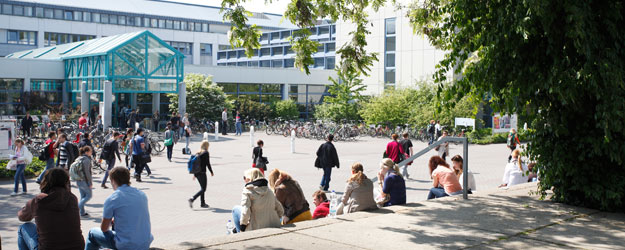 |  |
Chair of Sociology of Technology and Innovation – Research Profile
Technology is a driving force of change – one that transforms our societies in fundamental ways. Every year, the Massachusetts Institute of Technology (MIT) publishes a list of the “10 Breakthrough Technologies” that could shape the future. Whether it’s new AI applications, global health solutions, or sustainable energy systems, these developments raise not only technical questions, but also deep social and institutional challenges.
Because technology never exists in a vacuum. It is developed, implemented, and interpreted by people and organizations – and in turn, it shapes how societies function. Innovations emerge at this very intersection: when technical possibilities meet social, economic, and political realities. These can take the form of new products and processes (technological innovation), or new ways of organizing and interacting (social innovation).
But the more transformative the innovation, the greater the uncertainty for planning, governance, and coordination. Technological change is inherently dynamic – often unpredictable and not easily controllable.
This is where the Chair of Sociology of Technology and Innovation comes in. We aim to understand the social foundations, dynamics, and consequences of technologies and innovations. We investigate how new technologies are created, how they are embedded in society, and what effects they generate.
Our research combines theoretical analysis with innovative methods, including simulation techniques from computational social science. By modeling social processes based on theoretical insights and empirical data, we can explore possible development paths and better assess future societal dynamics..
Through our teaching and knowledge transfer, we share this knowledge across disciplines and with society – fostering a better understanding of technology’s role in shaping our world.
Research FocusTechnology and Innovation in the context of society We research:
| MethodsTheory meets Simulation:
|
Goals & impactWe want to:
| Knowledge transfer & TeachingTowards practical use:
|
